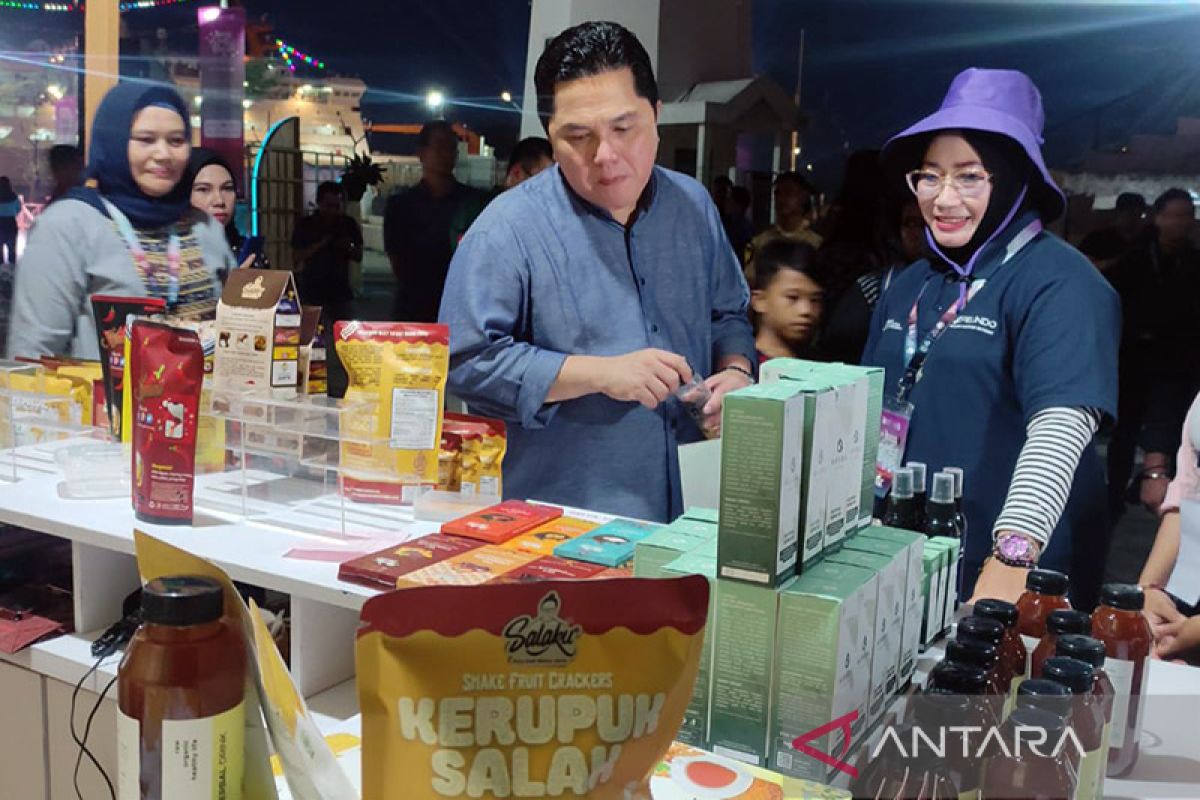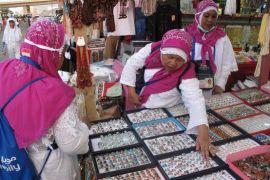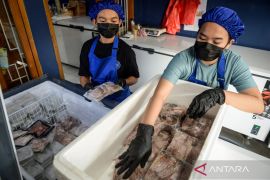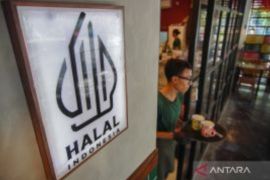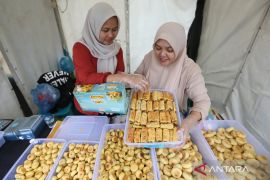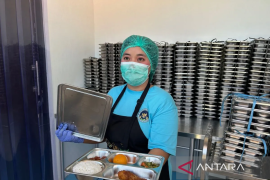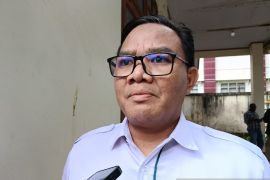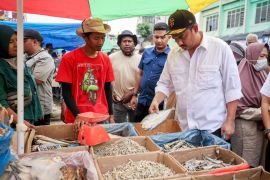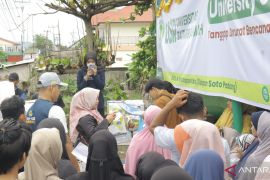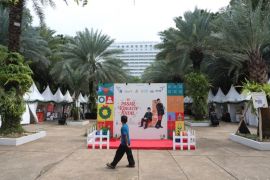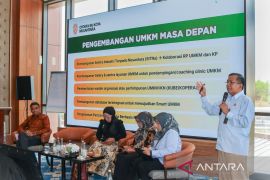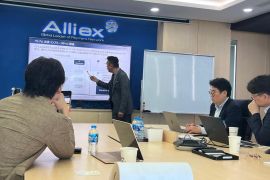One such crucial agreement was for the protection of migrant workers and victims of human trafficking. Leaders of ASEAN countries are on the same boat on preventing other parties from abusing Myanmar's internal conflicts for their own gains.
They also agreed to improve their economies by entering into an agreement for sustainable trade, boosting inter-ASEAN trade, and pushing for better supply chains and investment. They highlight the development of an electric vehicle ecosystem and its downstreaming so as to position themselves as an important part of the global supply chain.
Those agreements will be an important starting point for several other policies in member countries, and they will surely impact their citizens' lives.
It needs to be noted that one cannot see the effects of such a great extent of policies yet, as adopting them requires a lengthy, intensive process. However, it does not mean that the event did not bring any benefits to Indonesia, particularly to Labuan Bajo, the place where it all took place.
The event is not just about greeting the guests or engaging with state leaders and delegations in a discussion. The event also demonstrates the rich culture of Indonesia through shows, culinary selections, and the naturescape of Labuan Bajo, all for the international guests. Efforts to display such a grand view involve members of the general public.
The ASEAN leaders also agreed to involve micro, small, and medium enterprises (MSMEs) in the endeavor to strengthen regional trade and economies, as those entities, recorded at 64.17 million units in Indonesia, contributed extensively to the national economic growth. They have contributed Rp8,574 trillion (around US$573.5 billion), or 61.97 percent of the total gross domestic product.
Chance to Engage in the Global Market
The summit, which brought together about 500 delegates, attracted several MSMEs to showcase their finest products. The committee handling the event specifically urged the cooperatives, MSMEs, workforce, and transmigration unit of West Manggarai, East Nusa Tenggara, to select the 10 best MSMEs for the events.
Some 10 selected MSMEs showcased their crafts, ranging from woven fabrics to clothing and accessories, as well as foods and beverages unique to West Manggarai. Such free promotion at the event surely boosted the confidence of business players and craftsmen, motivating them to improve their product quality.
The opportunity to penetrate the global market was met with enthusiasm by Iranty Design, a small-business player from Central Java. The business, which was coached by the Cooperatives and SMEs Ministry, creates handicrafts using bamboo, water hyacinth, and mendong (Fimbristylis umbellaris) as raw materials and collaborates with a group of craftsmen. The business also crafts brooms using corn husks.
The brand was showcased at the 42nd ASEAN Summit, as its quality has been proven to be good. Hence, it was received positively in domestic and international markets. They have exported their mendong-based products to the United States, China, and Singapore. Moreover, they are awaiting orders from Denmark.
Sarinah, as the pioneer of national retail business, jumped in to seize the opportunity to promote great MSME products to the international audience during the summit.
Sarinah collaborates with the Regional Craftsmanship Board (Dekranasda) of East Nusa Tenggara to curate the products, some of which were showcased as a special collection at the follow-up event in Puncak Waringin. Sarinah also showcased those products at the Komodo International Airport.
Items showcased were from Edward Hutabarat, Gloya (Cawang Art), Herviolet, and Levico, as well as some woven fabrics collected by the regional board.
The collection demonstrates the broad range of culture from the eastern parts of Indonesia, from Kupang, Dokka, Sumba, Manggarai, and Ende.
State-Owned Enterprises Minister Erick Thohir made the most of the opportunity by forming the SME Hub, comprising 50 MSMEs—10 of which were local and 40 were coached by ministries—that were ready to offer their best products to those who came around.
"We have to motivate the MSMEs to go global, one of which is by hosting an exhibition that (invites) visitors from overseas. We need to recognize MSMEs as the backbone of the Indonesian economy, the ones that open many job opportunities. They can (make Indonesia proud) through their products that go global," he stated.
Boosted Sales
Vincentius, owner of the Exotic Komodo souvenir shop that sells East Nusa Tenggara's woven fabrics, stated that the ASEAN Summit boosted sales, which in turn would improve the regional economy.
"Maybe about 50 to 60 percent. Rather large because some time ago, lately, the economy is not doing so well, but because there is Eid and also the ASEAN Summit, plus the school holiday later on, then an increase in sales is bound to happen, particularly in Labuan Bajo," he stated.
Although he did not disclose his shop's revenue, he expected that other business players would also benefit from the grand meeting of ASEAN leaders, Vincentius said.
Vincentius also said that he had brought craftswomen to the site, so the visitors could see the process of creating woven fabrics at his stand.
A high revenue is any merchant's dream, but what is more important is the beginning. There is no use in boosting revenue if it cannot be maintained after the ASEAN Summit.
Hence, such momentum must be utilized by MSMEs, including the government that takes part in curating millions of national MSMEs to pick the best ones to showcase to the world, to draw maximum attention.
If the products successfully attract the delegates' attention, then the ASEAN Summit has succeeded in introducing MSMEs to the global community and assisting them in penetrating the global market. It would improve the business players' welfare, which in turn would also help improve the national economy.
Related news: Communication Ministry prioritizing logistical solutions for MSMEs
Related news: MSME products get summit boost
Editor: Anton Santoso
Copyright © ANTARA 2023
